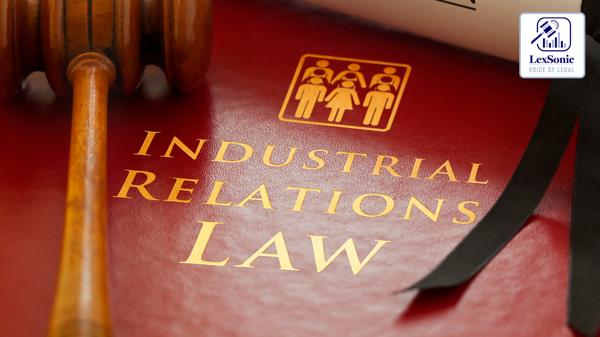Pension Rights Prevail for Removed Bank Employee Entitled to Terminal Benefits: Supreme Court Upholds High Court Order.
03 April 2025
Industrial Law >> Business & Commercial Law | Civil Appeals >> Civil & Consumer Law | Employee Related >> Corporate Law
The case originated from disciplinary proceedings initiated against the respondent, a clerk at UCO Bank, for alleged gross misconduct in 1998. While the disciplinary authority initially dismissed him, the appellate authority in 2000 modified the penalty to removal from service with entitlement to terminal benefits for the service rendered. This modified penalty was not challenged by the bank and thus attained finality.

Subsequently, an industrial dispute raised by the respondent led to a Labour Court award substituting the removal with a lesser penalty and reinstatement. However, this award was overturned by the High Court, thereby restoring the appellate authority's order of removal with terminal benefits.
The respondent then filed a writ petition seeking release of his retiral benefits, which was allowed by a Single Judge of the High Court, directing the bank to process his pension claim based on the appellate order. This decision was upheld by the Division Bench in a Letters Patent Appeal filed by the bank, leading to the present appeal before the Supreme Court.
However, the Supreme Court referred to its judgment in S.K. Kool, which had examined the interplay between Clause 6(b) of the Bipartite Settlement (allowing removal with superannuation benefits) and Regulation 22. The court in S.K. Kool had held that to give effect to both provisions, employees otherwise eligible for pension under the regulations would indeed be entitled to it even upon removal under Clause 6(b). Denying pension in such cases would render the "superannuation benefits" clause in the Bipartite Settlement meaningless.
The Supreme Court found no compelling reason to interfere with the concurrent findings of the High Court, emphasizing the binding nature of its earlier decision in S.K. Kool. Consequently, the appeal filed by UCO Bank was dismissed, affirming the respondent's right to pensionary benefits. The court, however, did not impose any costs.
Section 11A, Industrial Disputes Act - 1947
